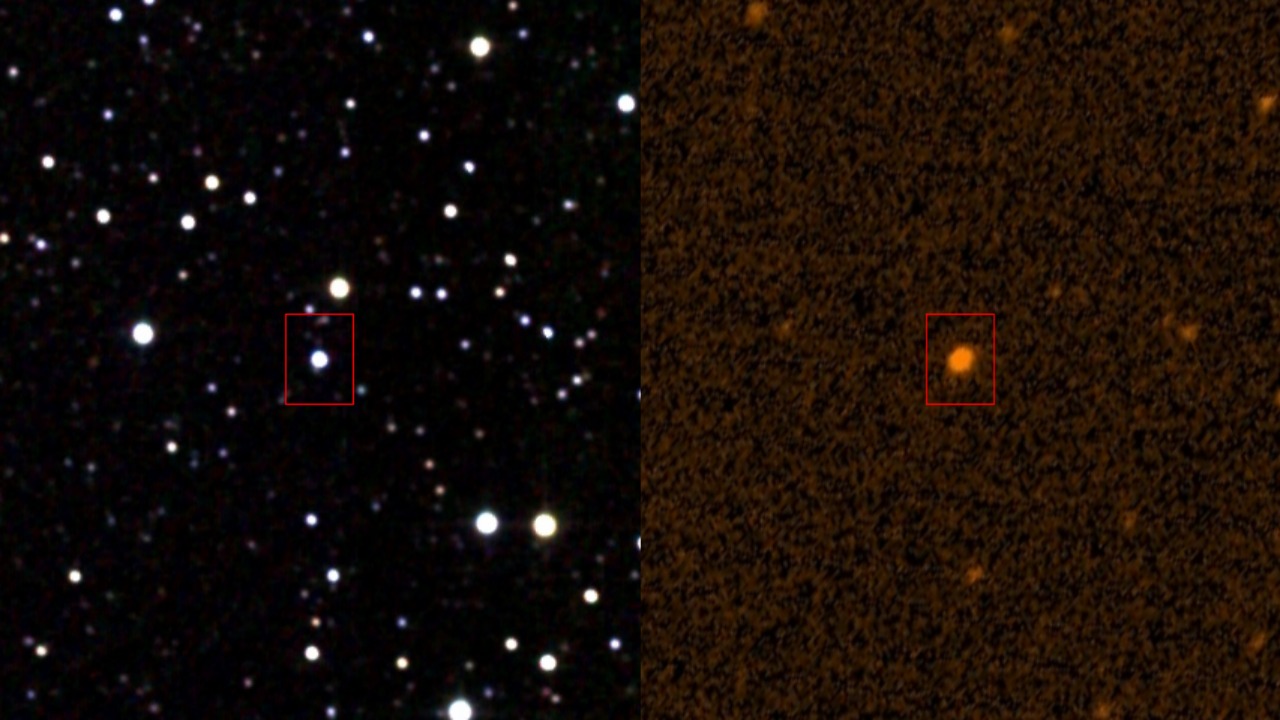
From the mysterious behavior of a distant star to the puzzling existence of dark matter, the cosmos is filled with anomalies that continue to baffle astronomers. As we explore the vast expanse of the universe, we often find more questions than answers. Here’s a closer look at nine such space anomalies that astronomers are yet to understand fully.
The Mysterious Behavior of Tabby’s Star
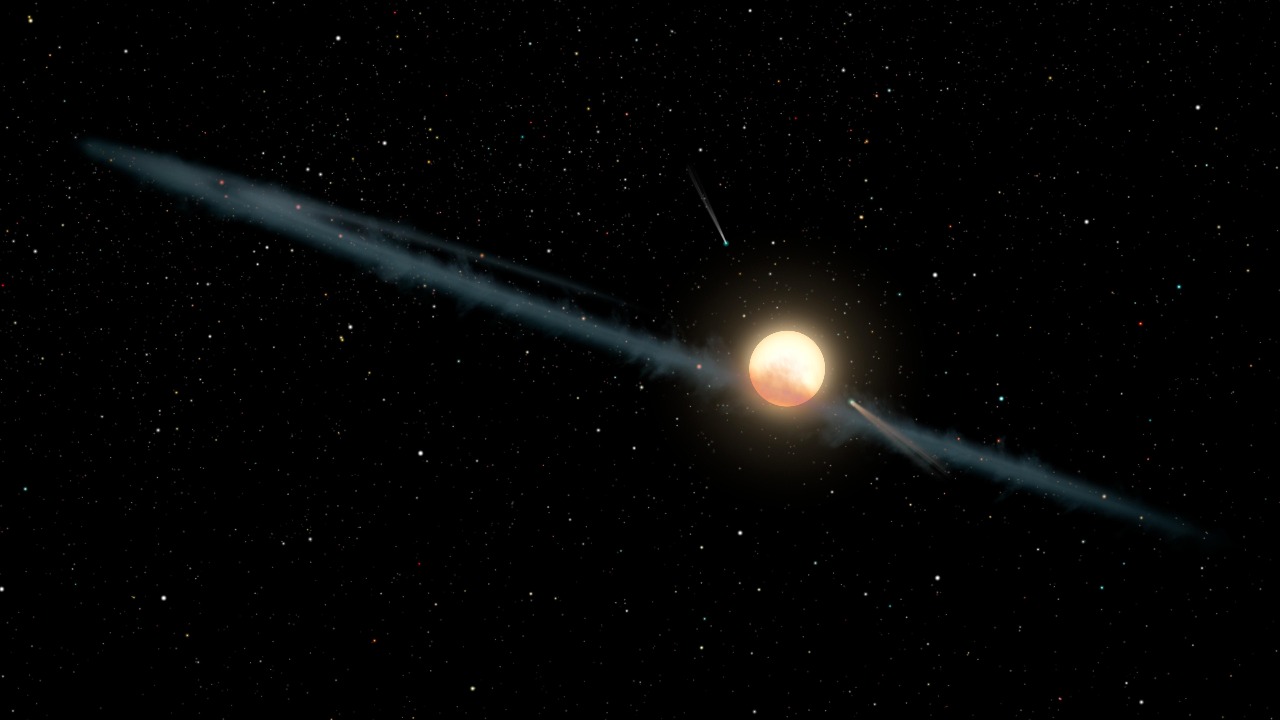
Located about 1,470 light-years from Earth, Tabby’s Star has been behaving oddly, with its brightness fluctuating irregularly. While some suggest a possible alien megastructure, others theorize a swarm of comets or interstellar dust as the likely cause. However, no explanation has been definitively proven, adding to the enigma of this distant star.
The Unexplained Phenomenon of Fast Radio Bursts
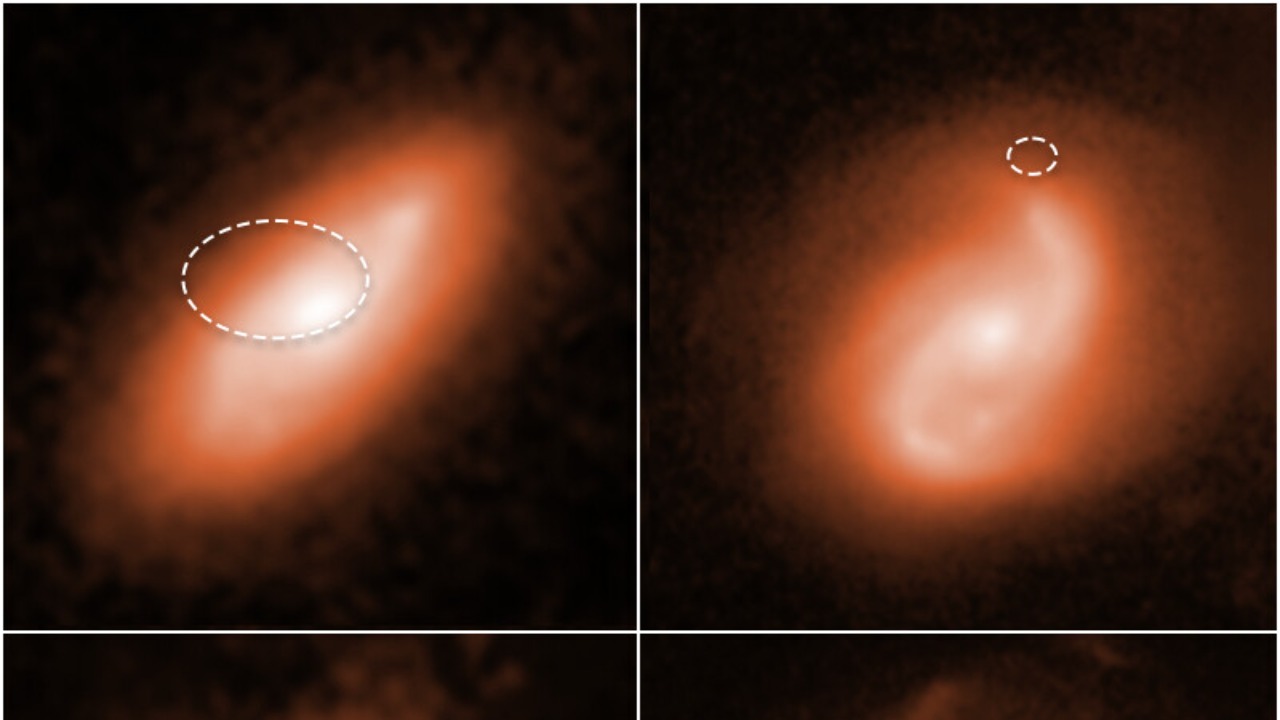
Fast Radio Bursts (FRBs) are blips of radio waves that last only a few milliseconds. Despite their fleeting nature, FRBs can emit as much energy as our Sun does in 80 years. The source of these bursts and their causes remain unknown, although theories range from neutron stars to extraterrestrial intelligence.
The Puzzling Existence of Dark Matter

While it presumably makes up about 85% of the universe’s matter, dark matter remains one of the most perplexing concepts in astronomy. Though indirectly observable through its gravitational effects, dark matter itself has never been directly detected, leaving its nature and properties a mystery.
The Unclear Origin of Cosmic Rays

Cosmic rays, high-energy particles zipping through space, have been known to scientists for over a century. Yet, their origin remains unclear. Most are believed to come from supernovae, but this doesn’t account for all of them, leaving a significant portion unexplained.
The Enigmatic Nature of Black Holes
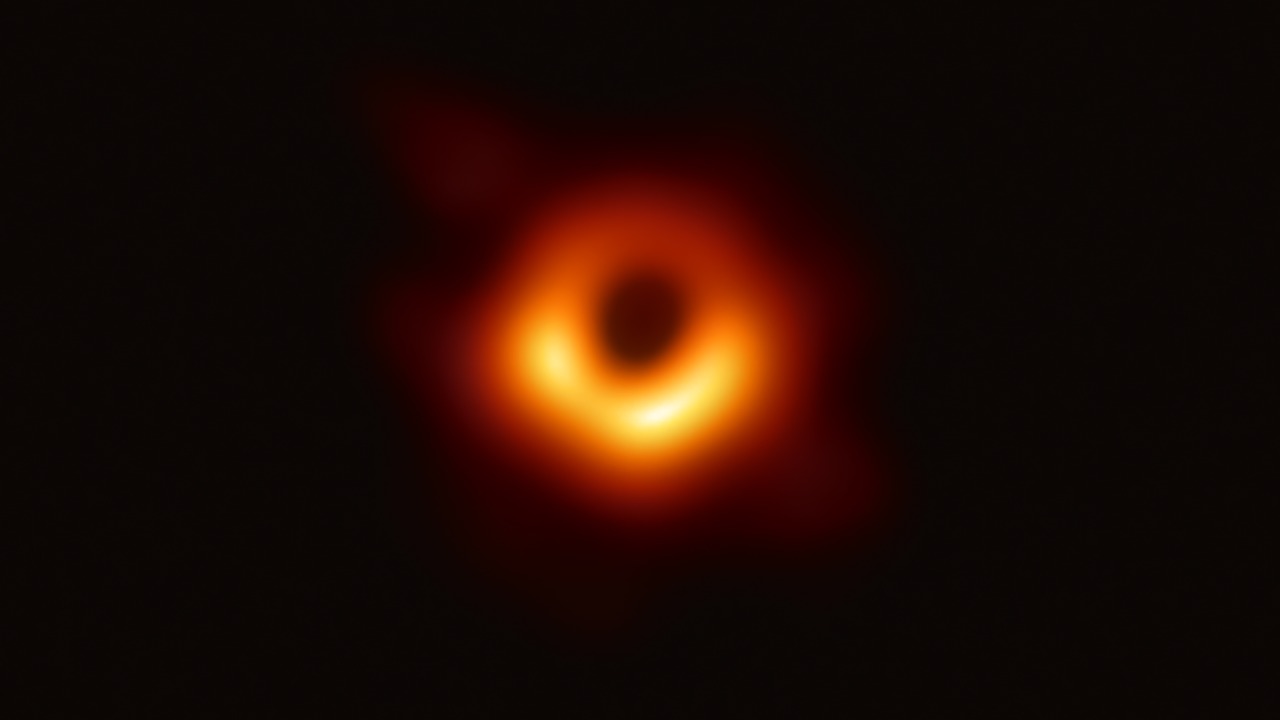
Black holes, regions in space where gravity is so strong that nothing, not even light, can escape, are a staple of science fiction and a focus of scientific study. Yet, their interiors, known as singularities, are a mystery. Physics as we know it breaks down in these extreme environments, leaving many questions unanswered.
The Unknown Source of High Energy Particles

Aside from cosmic rays, there are other particles zipping through space with energies far exceeding what our current technology can produce. The source of these ultra-high-energy cosmic rays is unknown, as is the process that accelerates them to such incredible speeds.
The Baffling Phenomenon of Space Roar

In 2006, NASA’s Absolute Radiometer for Cosmology, Astrophysics, and Diffuse Emission (ARCADE) mission detected a loud radio signal, dubbed the space roar. This signal is about six times louder than expected, and its origin is still a mystery.
The Mystifying Structure of Saturn’s Hexagonal Storm

At the north pole of Saturn, a hexagonal storm rages. Each side of the hexagon is larger than Earth’s diameter, but why it forms this shape, or why it has persisted for decades, is unknown. This unique geometric pattern is not found anywhere else in the solar system.
The Uncertain Purpose of The Great Attractor
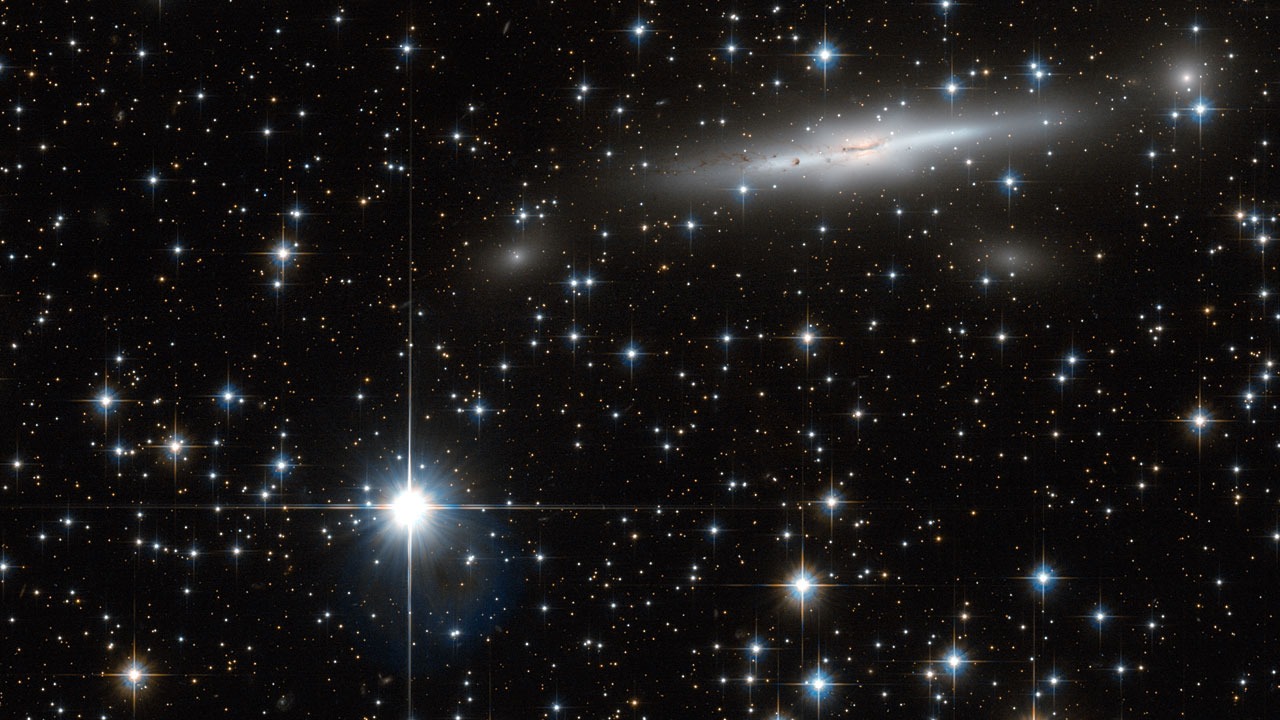
Finally, there’s the Great Attractor, a gravitational anomaly located about 220 million light-years away. Our galaxy, along with others, is being pulled towards it. However, what exactly the Great Attractor is, and why it exerts such a strong gravitational pull, is still uncertain.